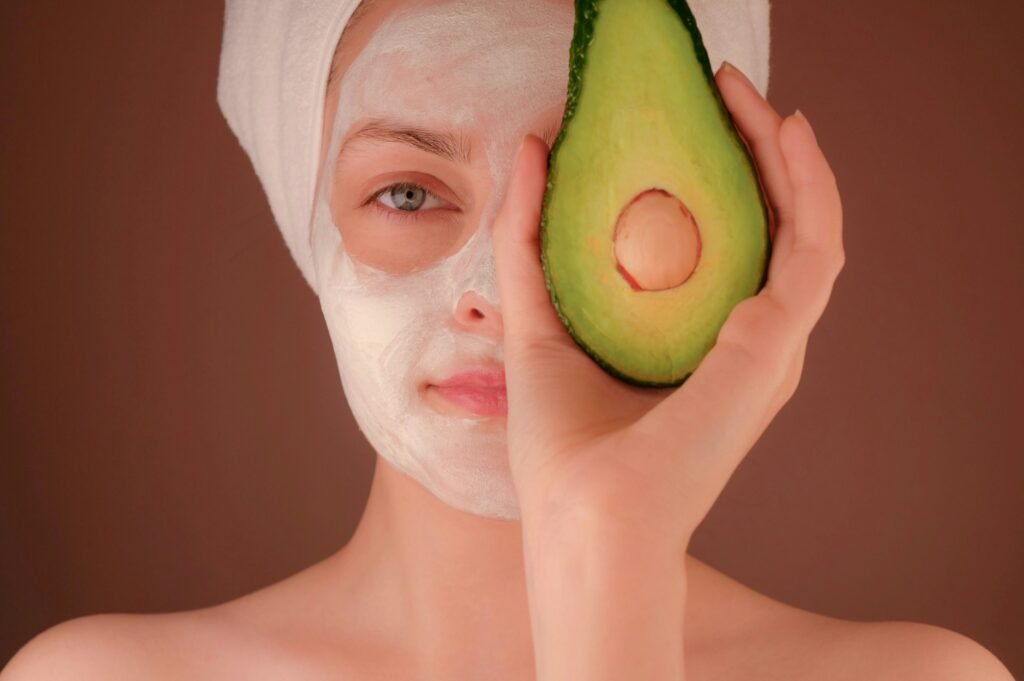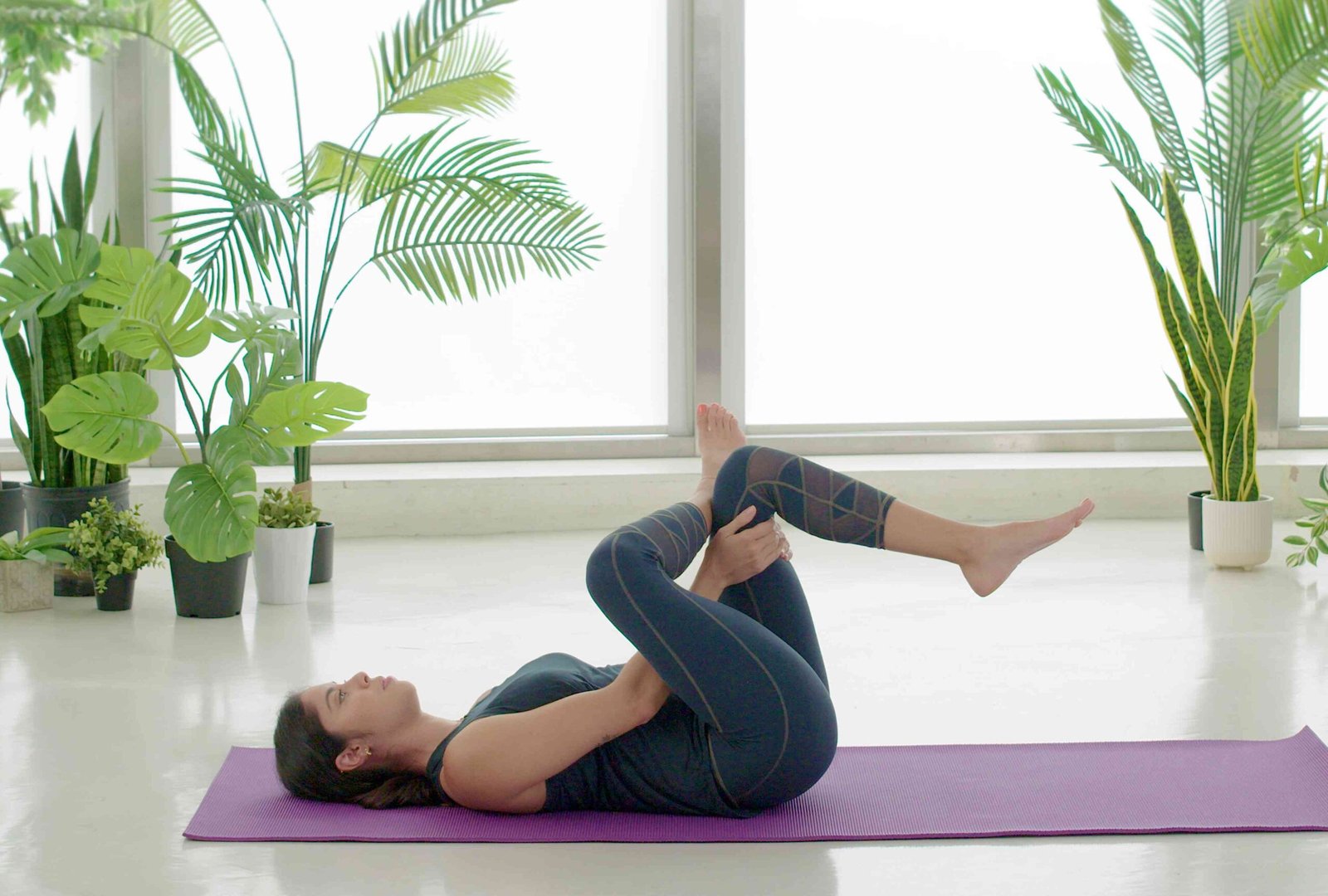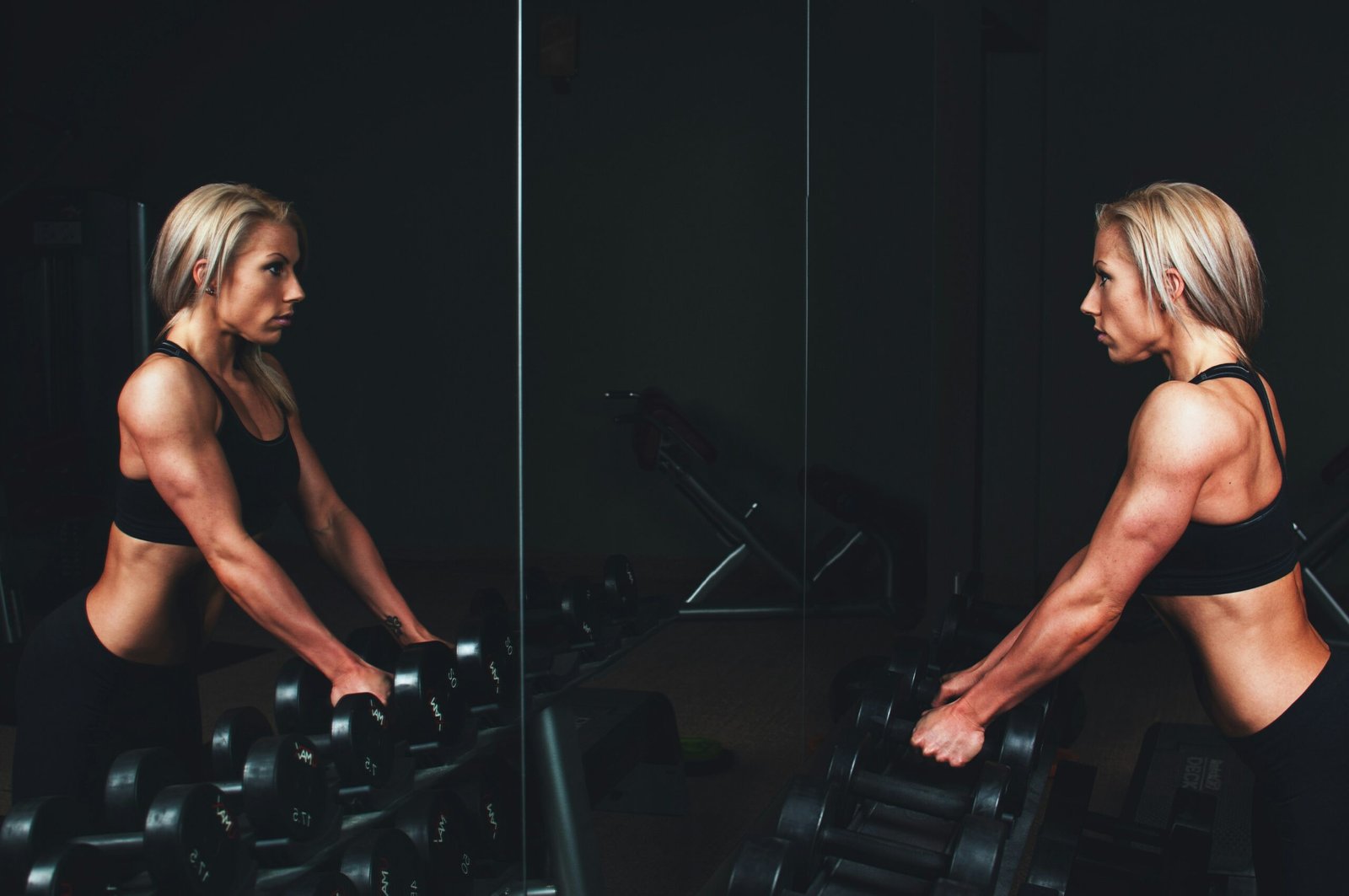Skin care becomes especially important as we age, as our skin naturally loses moisture and elasticity, requiring gentle care and targeted treatments to maintain its health. Regular moisturizing, gentle cleansing, and sun protection are essential steps recommended by dermatologists to combat dryness, sensitivity, and environmental damage. According to the American Academy of Dermatology, daily sunscreen use, gentle products, and targeted treatments can make a significant difference in keeping mature skin resilient and glowing.
Table of Contents
As we age, our skin undergoes many changes that affect its texture, elasticity and overall appearance. Although aging is a normal process, following a personalized skin care routine can help keep your skin healthy and radiant and reduce the signs of aging. Here are some great ways to care for aging skin.
1. Top up with water regularly
Drink a lot of water
It is important to keep your skin hydrated to keep your skin supple and elastic. Water is good for your face from the inside. Try to drink 8 glasses of water per day. Staying hydrated can help maintain your skin’s moisture balance and make fine lines and wrinkles appear less noticeable.
Apply a moisturizer
Use a good moisturizer as part of your daily skin care. Look for products that contain hyaluronic acid, glycerin and ceramides. These ingredients ensure that the skin remains hydrated and strengthen the barrier. To retain moisture, use a moisturizer after washing your face and before going to bed.
2. Prevent the skin from being damaged by sunlight
Use sunscreen every day
Sunlight is one of the leading causes of wrinkles, dark spots and loss of facial elasticity. Use a broad-spectrum sunscreen with an SPF of at least 30 every day, even on cloudy days or when you are indoors. Apply more sunscreen every two hours when outdoors, after swimming or sweating.
Wear clothing that protects you.
Wear protective clothing, such as a wide-brimmed hat and sunglasses, and apply sunscreen to protect your skin from UV rays. To better protect yourself from sun damage, seek shade and avoid bright sunlight between 10 a.m. and 4 p.m.
3. Use exfoliants regularly
Use a mild scrub
Exfoliation removes dead skin cells and accelerates cell turnover, making the skin look and feel better. Alpha hydroxy acids (AHA) or beta hydroxy acids (BHA) are gentle exfoliants that are beneficial for aging skin. If you have sensitive skin, avoid overly aggressive scrubs.
Exfoliate two to three times a week. Over-exfoliating can make your skin irritated and sensitive. Cleanse your skin once or twice a week to keep it smooth and radiant. Vary the frequency based on your skin’s capabilities and needs.
4. Add anti-aging ingredients
Retinoids
Some powerful anti-aging ingredients are retinoids, such as prescription retinol and tretinoin. They improve skin smoothness, reduce fine lines and stimulate collagen production. Start with a smaller concentration and slowly increase the amount to minimize irritation. To keep your face healthy, use tretinoin at night and sunscreen during the day.

Antioxidants (A)
Antioxidants help protect the skin against oxidative stress and environmental damage. Examples include vitamin C, vitamin E and green tea extract. Add a serum or cream with these ingredients to your routine to make your skin look brighter and fade dark spots.
Peptide
Peptides are short-chain amino acids that help the body produce collagen and firm the skin. To make your skin more elastic and slow the aging process, look for skin care products that contain peptides.
5. Eat a healthy and balanced diet
Eat a variety of nutrient-rich foods.
To have good skin, a healthy diet is very important. To get the vitamins and minerals you need, eat a variety of fruits, vegetables, lean proteins and healthy fats. Berries, nuts and fresh vegetables are all rich in antioxidants, which can help fight free radicals and keep skin healthy.
Healthy fats (omega-3)
Omega-3 fatty acids, found in fatty fish such as flaxseed, walnuts and salmon, help keep the skin hydrated and prevent swelling. Adding these healthy fats to your diet can make your skin look smoother and more hydrated.
6. Get enough rest
How important is a good night’s sleep
Sufficient sleep is important for facial recovery and growth. Aim for a good night’s sleep of 7 to 9 hours to keep your skin healthy. While you sleep, your skin repairs itself by producing collagen and renewing cells, making you look younger. If you don’t want to get fine lines and wrinkles on your skin by sleeping on your side, try sleeping on your back. Using a silk or satin pillowcase can also help prevent skin from wrinkling and reduce stress.
7. Dealing with stress
Effects of stress on the skin: Long-term stress can be harmful and removes nutrients the skin needs. It can make your skin look dull, develop wrinkles and lose its suppleness. If you smoke, get help to quit and stay away from people who smoke.
8. Limit alcohol consumption
Drinking too much alcohol can dry out your skin and speed up the aging process. Limit alcohol consumption and focus on drinking water and other healthy drinks to stay hydrated.
9. Regular skin care and cleansing
To remove dirt and makeup without stripping your skin’s natural oils, use a gentle cleanser suitable for your skin type. Do not use harsh cleansers on older skin, as they can irritate the skin and disrupt its moisture balance. Make cleansing, moisturizing and applying treatments a regular part of your skin care practice. To keep the skin looking and staying healthy and youthful, you need to be consistent.
Conclusion
To care for aging skin, stay hydrated, use sun protection, gently exfoliate, and use anti-aging products. Maintaining a balanced diet, managing stress and quitting bad habits such as smoking and alcohol abuse are also important to keep your skin healthy. By using these helpful skin care tips and sticking to a daily care routine, you can improve the look and feel of your skin and achieve a radiant complexion at any age.
Disclaimer: The content in this article is based on my personal experiences and is intended for informational purposes only. I am not a doctor or medical professional. Always consult with a healthcare provider before making any changes to your exercise routine or lifestyle, especially if you have any health concerns or conditions.
My mission is to celebrate the wisdom, resilience, and vitality of women as they navigate menopause, embrace life’s transitions, and step confidently into the next phase. Whether you’re exploring ways to stay fit, looking for health tips to prevent common issues, seeking inspiration for a fulfilling lifestyle, or simply wanting guidance on diet, I’ve got you covered.
Dive into our articles on fitness, health, lifestyle, nutrition and more to find the support and insights you need!





